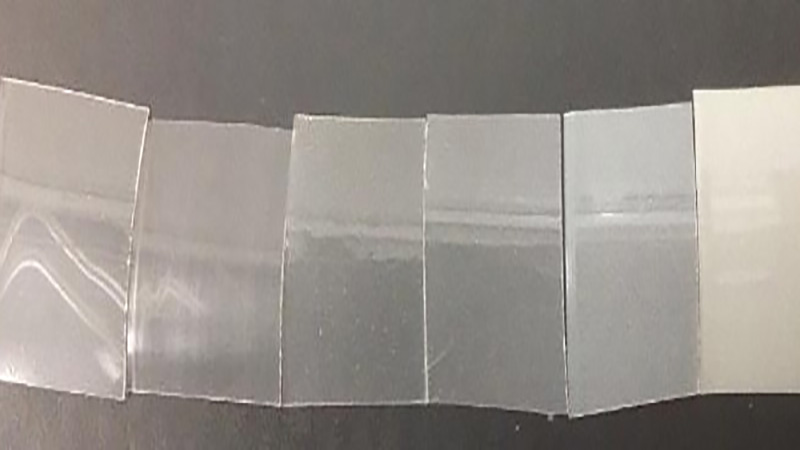Queen’s researchers using non-edible food waste to make reduced-plastic packaging
A ground-breaking project at Queen’s to turn non-edible food waste into new forms of packaging – in a bid to reduce plastic – has attracted substantial investment via IGFS in a highly competitive European funding competition.

The project aims to use by-products of the food industry such as discarded food, crop and animal waste to create new packaging materials for food, reducing the reliance on plastic.
Research co-lead, Dr Eoin Cunningham and his team will partner with the ABP Food Group (Ireland), distinguished research institution Fraunhofer (Germany) and UK supermarket giant Waitrose for the two-year project, which has won the funding from the EIT Food consortium.
He said: “It’s amazing what waste streams are available in agri-food and which have not yet been exploited. Many of these waste products are natural ‘polymers’ which means they have a strong chance of being converted into packaging.
“There are two main types of waste that I’m interested in: cellulose waste, which would include things like plant leaves, stalks, forestry residue like sawdust; and protein waste, which can be anything from poultry littler and blood to the casing used for sausages.
“It’s a very exciting project as it involves material that would otherwise end up being wasted – so if we can create something of value from something that is, essentially, free, that’s really playing into the circular economy. With the renewed news focus on reducing single-use plastic and plastics that are hard to recycle, this funding news couldn’t have come at a better time.”
Dr Cunningham is confident his team can come up with new ‘recipes’ for reduced-plastic packaging – he has produced sample packaging a number of times before in earlier research. His co-lead on the project, Dr Beatrice Smyth, also from Queen’s, will test the energy consumption of any new prototype to make sure it leaves a smaller carbon footprint than what it seeks to replace.
Previous to becoming interested in how his research might have application in the agri-food sector, Dr Cunningham explored a wide range of manufacturing engineering challenges, including creating an artificial ‘bone’ substitute for use in the biomedical industry and ‘geo-polymer concrete’ - concrete made from waste – for the construction industry.
His latest project is one of 17 successful bids submitted by IGFS which were awarded the highly sought-after funding by EIT Food. EIT Food is a knowledge and innovation community (‘kic’) of the European Institute of Innovation and Technology.
Altogether, almost £1.5 million of investment was awarded to the IGFS projects – putting Queen’s in the top three, in terms of numbers of successful projects per institution.
Of the other successful projects, Professor Chris Elliott will spearhead one aimed at improving authenticity in the organic food-supply chain. IGFS Director Professor Nigel Scollan will also lead a project to improve farmers’ access to the latest agritech.
Mr Ian Marshall, Business Development Manager at IGFS, said the high ‘strike rate’ of successful projects demonstrated the quality of innovative research being carried out at IGFS.
He said: “This confirms what we already knew – that the calibre of research happening at IGFS is world-leading. But it’s great to have this international endorsement and, of course, the investment will mean we can bring these great ideas to life.
“Food integrity and authenticity have become one of the biggest challenges facing the world today but these kinds of projects are the way forward, twinning top scientific research with real-world industry application.”
